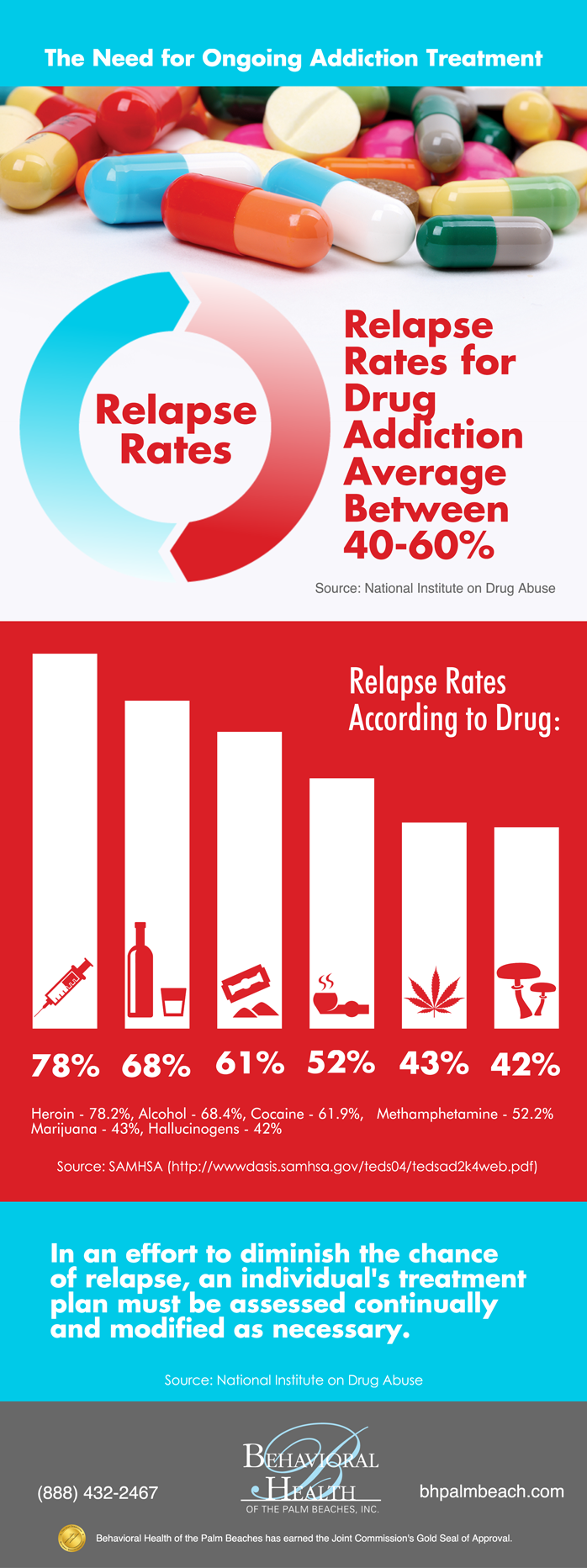Find Out Exactly How To Construct A Strong Aftercare Plan After Drug Rehabilitation And Achieve Lasting Success
Find Out Exactly How To Construct A Strong Aftercare Plan After Drug Rehabilitation And Achieve Lasting Success
Blog Article
Content Writer-Burnham Ankersen
You have actually finished drug rehab, and currently it's time to create a successful aftercare plan to guarantee your lasting recuperation.
Image this: you're an individual established to stay clean and develop a satisfying life. This short article will certainly guide you with determining ongoing support group, including treatment and counseling, and developing healthy and balanced coping systems.
With these techniques, you'll be equipped to grow in your journey of soberness.
Let's begin.
Identifying Ongoing Support Systems
You ought to recognize a minimum of 3 continuous support group to guarantee a successful healing after drug rehabilitation.
The very first support group is your family and friends. They can give emotional support, encouragement, and assist you remain accountable. They can likewise give a safe and understanding environment where you can share your struggles and success.
The second support group is your specialist or therapist. They can assist you work through any type of underlying concerns that may have added to your dependency and offer support on just how to avoid regression. White Sands outpatient alcohol rehab 33694 can also show you dealing mechanisms and healthy means to deal with stress.
The third support group is a support system or a sober neighborhood. Being bordered by others who are experiencing similar experiences can be exceptionally valuable. They can give a sense of belonging, understanding, and offer valuable guidance and assistance.
Incorporating Therapy and Therapy
To attain a successful recuperation, it's important for you to actively participate in treatment and counseling sessions, as well as integrate them into your recurring support group. By doing so, you can optimize the advantages of these therapy methods and increase your possibilities of preserving lasting soberness.
https://www.medscape.com/viewarticle/977008 are some crucial reasons why integrating therapy and counseling into your aftercare plan is important:
- ** Emotional Support: ** Treatment and counseling provide a secure area for you to express your ideas, feelings, and struggles pertaining to your addiction. you can try this out enables you to overcome any type of unresolved concerns and create healthy and balanced coping systems.
- ** Relapse Avoidance: ** These sessions furnish you with the necessary devices and approaches to avoid regression. They assist you recognize triggers, create coping abilities, and develop a strong foundation for handling yearnings and stress and anxiety.
- ** Individual Growth: ** Therapy and therapy facilitate individual development and self-discovery. They aid you acquire insight right into the underlying causes of your addiction, improve self-esteem, and establish much healthier partnerships.
Creating Healthy Coping Systems
Throughout therapy and counseling sessions, it's critical to proactively service developing healthy and balanced coping mechanisms in order to successfully manage stress and challenges.
You need to identify and comprehend your triggers, those points that cause you distress or anxiousness. By acknowledging these triggers, you can establish strategies to deal with them in a healthy and balanced method. This may entail practicing deep breathing exercises, taking part in exercise, or finding an innovative outlet to express your emotions.
It's important to also border yourself with a solid support system of friends and family who can provide inspiration and support.
In addition, self-care tasks such as obtaining sufficient sleep, consuming well, and exercising relaxation methods can significantly contribute to your general health.
Verdict
In the trip towards recovery, producing a successful aftercare plan resembles having a tendency to a fragile garden. Equally as a gardener nurtures each plant with care and interest, so also should one cultivate continuous support systems, include therapy and therapy, and develop healthy coping systems.
By doing so, the seeds of healing will certainly blossom into a growing garden, offering a strong structure for a brighter, drug-free future.
